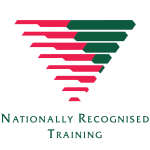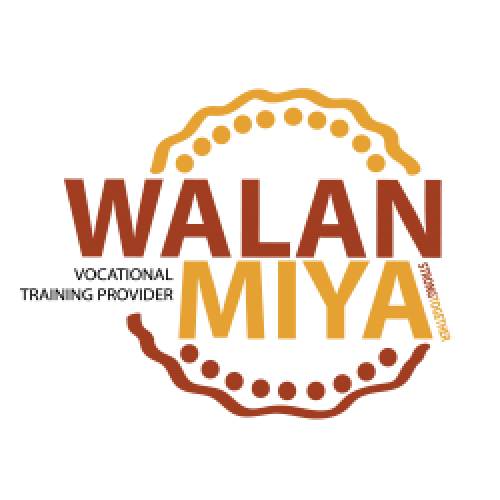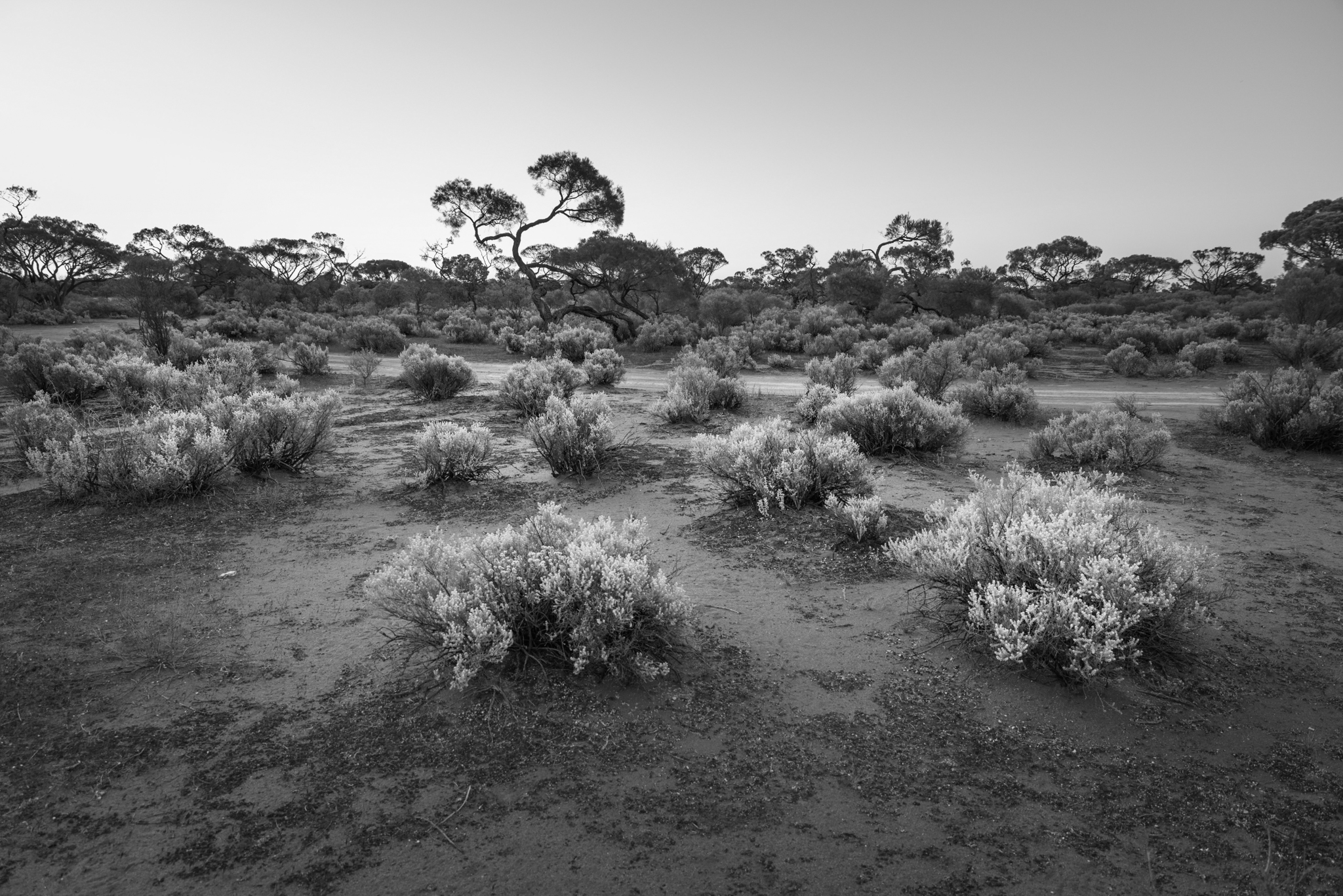About the Certificate III in On Country Management
Industries | Environmental Protection
This qualification provides a vocational outcome required for an Indigenous land worker operating within Aboriginal Communities, following Community protocols and using a mix of traditional and contemporary land management strategies.
We will work with individual workplaces to facilitate training requirements. Our trainers have industry relevant experience.
*This training is subsidised by the NSW Government for eligible participants.*

Type
Full Qualification,
Traineeship

Delivery
Combination
Face-to-Face
Self Paced

Duration
Around 1
Year

Cost
Max admin fee
$2620 p/p
*Smart & Skilled
eligibility applies*

Contact
Units of
Competency
For the award of the AHC31522 Certificate III in On Country Management, the candidate must demonstrate competency in 16 units of competency
Our Standard Delivery:
2 core units | 14 elective units
Unit requests outside this will need to be discussed with us.
Core Units
AHCWHS301 Contribute to work health and safety processes
AHCWRK309 Apply environmentally sustainable work practices
Elective Units (Standard Delivery)
AHCWRK305 Coordinate work site activities
AHCILM302 Provide appropriate information on cultural knowledge
AHCILM201 Maintain cultural places
AHCCHM307 Prepare and apply chemicals to control pest, weeds, and diseases
AHCCHM304 Transport and store chemicals
AHCPCM204 Recognise plants
AHCECR305 Collect native seed
AHCSAW203 Conduct erosion and sediment control activities
AHCLPW313 Undertake sampling and testing of water
AHCECR203 Perform basic ecological restoration works
AHCECR307 Read and interpret maps
AHCECR306 Conduct photography for fieldwork
AHCPMG307 Apply animal trapping techniques
AHCILM305 Work with and an Aboriginal Community or organisation

Walan Miya acknowledges the Traditional Owners of Country throughout Australia and their continuing connection to land, sea and community. We pay our respects to them and their cultures, to the Elders past, present, and emerging.

